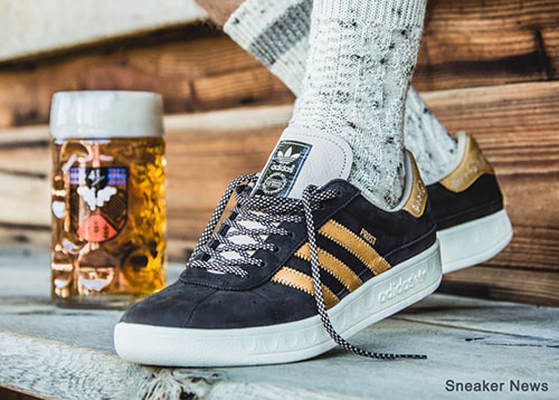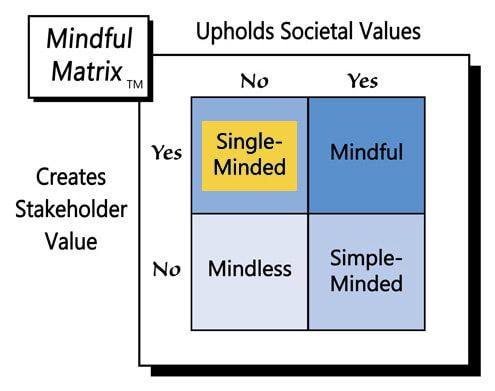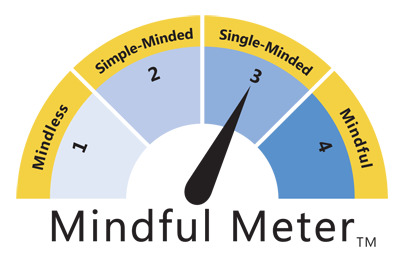Yes, German footwear giant Adidas is marketing a shoe called the München (or, Munich) that has a “durable puke and beer repellent (DPBR) coating” that allows users to dabble in drunkenness without ruining their footwear.
Why would one of the world’s leading apparel manufacturers, which equips superstar athletes like Novak Djokovic, Lionel Messi, and James Harden, want to outfit the town drunk? The reason is more compelling than you might think.
Early fall is the time of year when many cities, towns, and other associations, host their own version of Oktoberfest, the lively celebration best known for one thing—beer. The granddaddy of all these well-oiled gatherings is the one in Munich, Germany, which claims to be “the largest festival in the world.” It just completed its 184th iteration.
Munich is located in the heart of Bavaria, world-renowned for its hops and boasting some of the most prolific beer-drinkers anywhere—the average Bavarian consumes 150 liters, or 40 gallons, of beer a year. Adidas is also in Bavaria, headquartered in Herzogenaurach, less than 200 km north of Munich and the original Oktoberfest.
Interestingly, Oktoberfest didn’t start as a keg party. It began as a wedding celebration for Crown Prince Ludwig and Princess Therese that included horse races and a “festival for the whole of Bavaria.” The following year, the horse races returned, and over the years, additional activities were added to the annual festival, including more places to buy beer.
The latest iteration of Munich’s Oktoberfest featured about 143 food and drink businesses, which started serving suds at 10:00 am on weekdays and 9:00 am on weekends. Those early hours helped vendors sell over 6 million liters of beer during the festival.
As you might imagine, with so much “liquid gold” flowing freely among 6.3 million visitors, there are likely to be incidents, such as the 7,900 people who needed to visit medical tens and the 600+ individuals who got alcohol poisoning. One Munich native describes the often unpleasant scene:
“During Oktoberfest, the city gets packed and there are drunk people everywhere, and all the time. The drunken debauchery often leads to fights, aggressive behavior, and bierleichen — so-called "beer corpses," which is what locals call the many passed out drunks lying on the hill behind the tents.”
This past year, an American tourist from Texas didn’t let his one-year old baby strapped to his chest stop him from getting plastered. As the man slumped over, police took the baby away and took him to the hospital.
Given its geographic and cultural closeness to the debauchery, it appears that Adidas has picked the perfect target market for its ‘drinking sneaker.’ In addition to the barf and beer-resistant coating, other details artfully reinforce the shoe’s positioning, e.g., a red and white check lining that matches the beer tents’ tablecloths, a brown and gold upper that coordinates with lederhosen, and the word “Prost” (German for “cheers”) embroidered on the side. Even at €199.95 (about $240), the sneakers sold out on one popular website, suggesting that Adidas has a marketing hit.
However, just because Adidas can sell a shoe for drinking doesn’t necessarily mean that it should. While many people drink responsibly, and some studies even suggest benefits from moderate alcohol consumption, there’s a difference between having a beer with dinner and drinking oneself into a stupor, which is when a sneaker’s protection against suds and vomit becomes most important. Consequently, it’s fair to ask, ‘Does the sneaker’s unusual positioning encourage drunkenness?’
Of course, no sneaker by itself will make people drink. Personal and social factors hold much more influence. Still, there’s something unseemly about products that promise to help us avoid the negative consequences of bad behavior. For instance, I’d bet that people who own radar detectors are more likely to speed. Do the detectors make them speed? No, but having a device in their vehicle that significantly reduces the probability of getting caught probably encourages them to take their chances.
Is the possibility of ruining one’s shoes a deterrent to drunkenness? It’s probably not a major factor, but it must have some influence; otherwise, Adidas wouldn’t have developed the special coating and consumers wouldn’t be buying up the sneaker's supply. The more important point is that by marketing the shoe, the company is essentially saying, ‘Go ahead and drink ‘til you hurl; we’ve got you covered.’
But, maybe it’s not just people who get drunk who can benefit from the sneakers. There also are individuals who drink moderately, or not at all, who risk having their shoes ruined by others’ indiscretions.
That’s a reasonable argument, except for the fact that it’s pretty unusual to get vomited on unless you’re keeping close company with buds who are bashed. Likewise, how many people are willing to shell-out $240 for sneakers when there's only a remote possibility that they’ll be walking in other people’s puke. It seems like the sneakers’ primary appeal, therefore, is to people who plan to get plastered. That bad intent is reinforced by Adidas offering a free beer mug with every purchase of the sneakers.
Aside from some people’s wild intemperance, Oktoberfest is a great cultural event that brings families and communities together to celebrate Bavaria’s rich history. Similarly, Adidas is a fine company that is smart to support its German heritage. However, any product that makes it easier to overindulge on alcoholic must be called “Single-Minded Marketing.”
Learn more about the Mindful Matrix and Mindful Meter.
Check out Mindful Marketing Ads and Vote your Mind!




 RSS Feed
RSS Feed